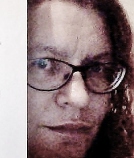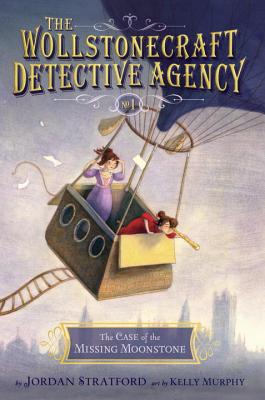By Liberty & Steven Montano
Here’s a glimpse at what the world will look like in 20 years thanks to e-publishing. Please be warned that while a lot of these ideas are possible (perhaps even probable), we do end up going off the deep end…
1. Because of Google Glass, people will literally read all of the time, because they’ll have the power to load books directly in front of their eyeballs 24/7. Unfortunately, due to the rewiring of our brains thanks to excessive internet usage, we’ll retain only a fraction of what we actually read.
2. Self-driving cars will allow us to read while commuting. Ironically, texting while driving will still be banned in most states.
3. Building on the success of the Alzheimer mouse trials, scientists will produce books in pill or gum form for easy consumption.
4. In defiance of e-publishing, the world will see the rise of dangerous paperback gangs who smuggle rare printed books.
5. 3D printed custom book covers will go viral. The book gangs will not be happy.
6. Virtual reality (oculus rift) will lead to holographic novels and new heights of book addiction.
7. For a short time, all E-Readers will utilize Eye Tribe, and the resulting eye fatigue will increase sales of Google glass.
8. Creating an e-book will become part of school curriculum, and will become an expected skill in the job market.
9. Publishing houses will give way to marketplaces, resulting in the death of bookstores.
10. Overhead displays + “erotic material” will become a problem for law enforcement. Porn book cafes will replace head shops.
11. Legislation to end book printing will be introduced by environmentalists. The legislature will fail, but the decline in printing continues.
12. The price of e-books will level out. People will reminisce to when a book only cost $.99 $4.99 $7.99.
13. The sale of bookshelves will plummet. IKEA stock prices will take a hit.
14. The internet will tell you what to read based on a complicated algorithm that determines the “right” book for you. More often than not, the internet will be right.
15. The rise of holographic novels will render book-to-movie adaptations redundant.
16. Books/media created for pets will hit the virtual shelves. The war over whether dogs or cats are better rages on.
17. Implants will allow a person to completely write a book in their head. Intellectual copyright lawyers find themselves in huge demand.
18. Classic e-books will be upgraded to integrate with Google maps to provide a visual experience, while music appropriate to the setting will be embedded in the e-book data files.
19. Olfactory capability in e-books will lead to disgustingly cliche books being created for tween boys.
20. Big media houses will perfect bot-written books, which quickly become the junk food of the literary world.
21. Obesity rates will fall as ingesting media becomes more interactive.
22. Elementary schools see a major makeover. Desks become less common, but the dependence on VR decreases interpersonal contact.
23. The human population growth rate slows, maybe even goes negative due to our escaping into VR media.
24. Radio stations broadcast book files instead of music.
25. The weekly release of serial novels becomes incredibly popular. NBC takes command of the book industry.
26. Access to the internet via implants allows for an unprecedented consumption rate of e-books. This also renders notions of traditional learning moot.
27. Implants remove the need for keyboard, televisions, and interpersonal communication.
28. The increased consumption rate of hard scientific data will increase interest in theoretical knowledge, resulting in a dark era of mad scientists.
29. The third world will have an explosion of tech advances. The so-called first world will go out of fashion and “poor” living will become chic.
30. New mental illnesses tied to digital consumption will run rampant.
31. Implants will allow us to communicate with our pets, and later all forms of animal life. The number of vegetarians will increase exponentially.
32. The internet will become our collective subconsciousness.
33. Computer viruses will become a battlefield weapon, as all soldiers will have tactical implants.
34. Malls will disappear, replaced by virtual shopping. Demolition jobs will be in high demand, until robots take over that field.
35. Once they take over the construction and demolition fields (and, thanks to big publisher “ingenuity”, writing the books that humans learn from), robots eventually take over the world.
36. A few stalwart humans refuse to accept implants and are driven into hiding. Every young man’s dreams of living in a Terminator-like future become a reality.
37. E-books ascend to Godhood. Our collective digital consciousness is sucked into data clouds, leaving our bodies free to roam and wander like the primitive nomads we were always meant to be.
About the Authors
My wife Lib is pretty awesome. She’s also psychic. And she has pyrokinesis. So you probably don’t want to piss her off.
When she isn’t busy designing book covers, editing my crappy work or maintaining my website and social media presence, Lib ponders the future of E-Publishing, dog training, self-sustained living, and life as we know it. She’s also the author of Novel Blogging: A Writer’s Guide to Blogging.
As for me, I do accounting and write books. Learn more at my site, if you dare!
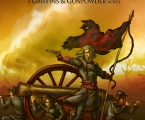
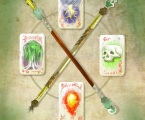
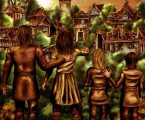
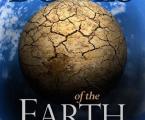


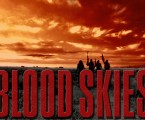
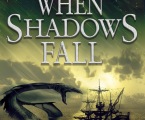

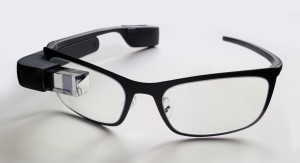


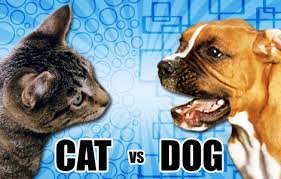
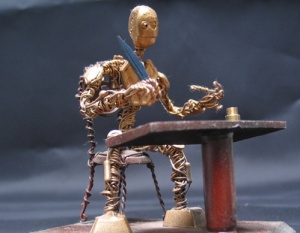


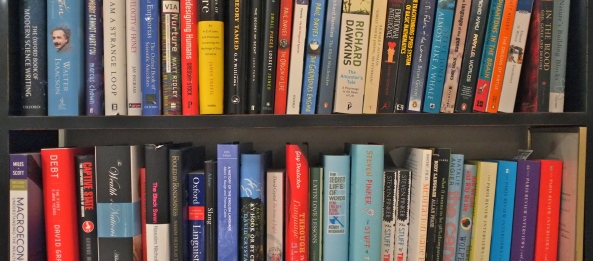
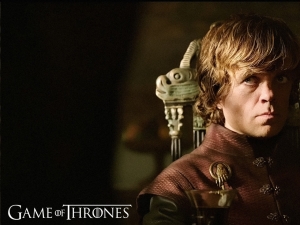
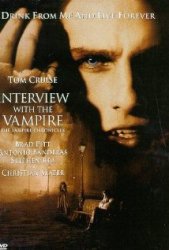
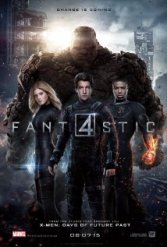
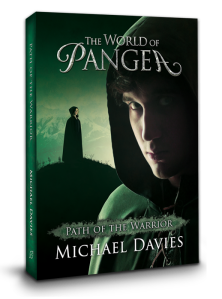







 Independent author
Independent author 
